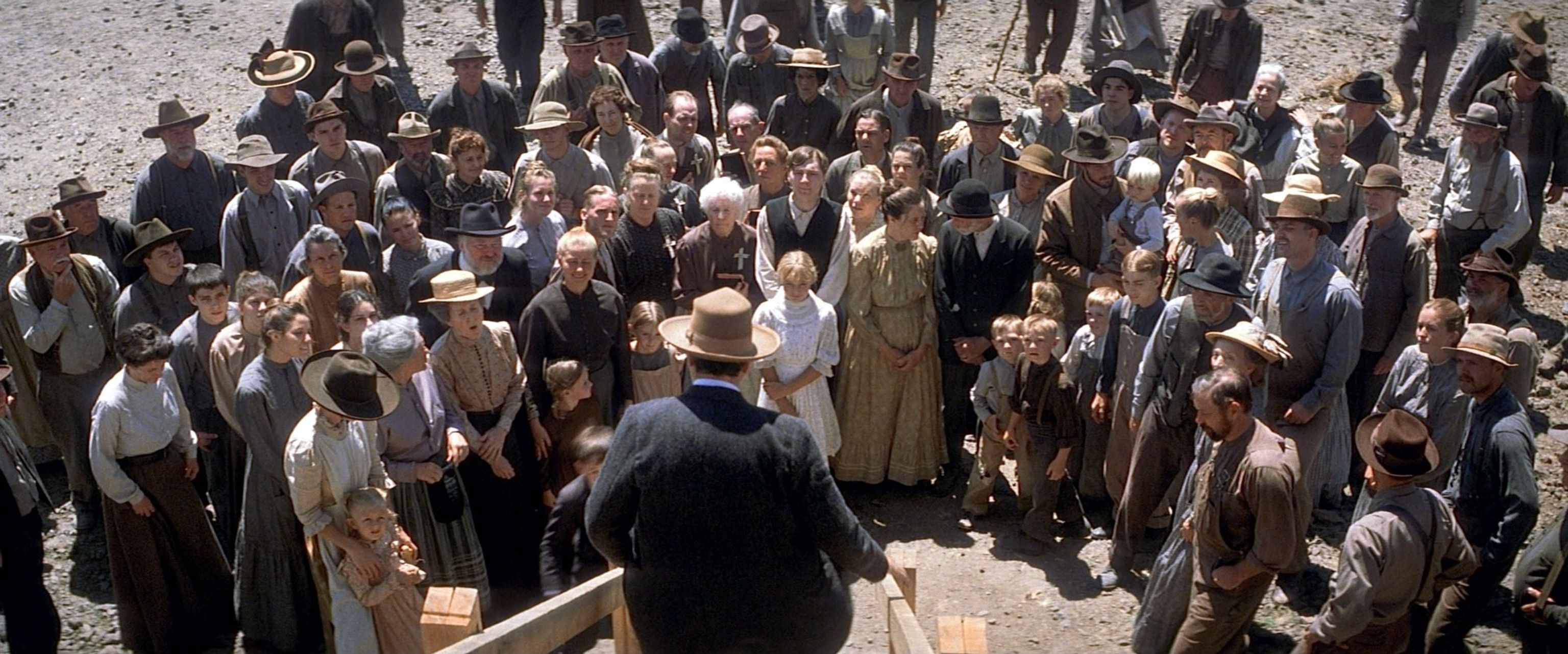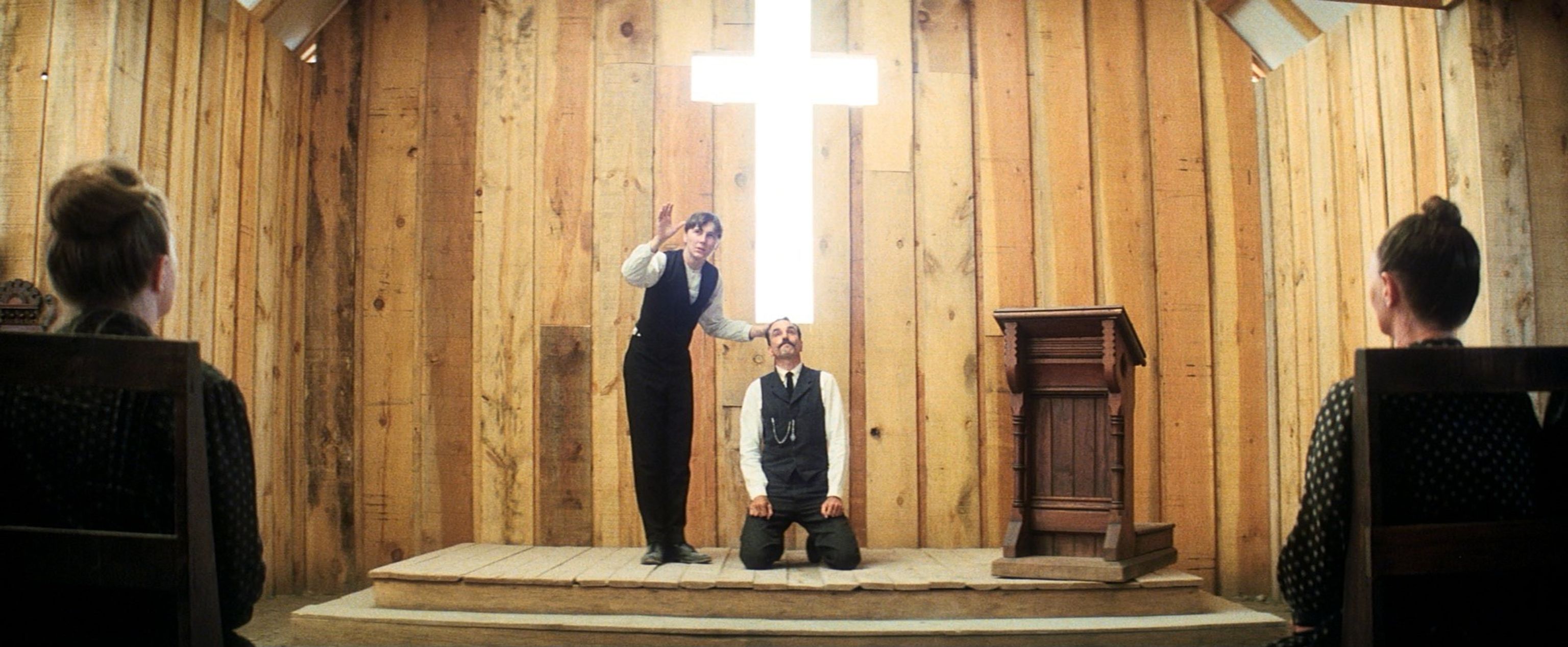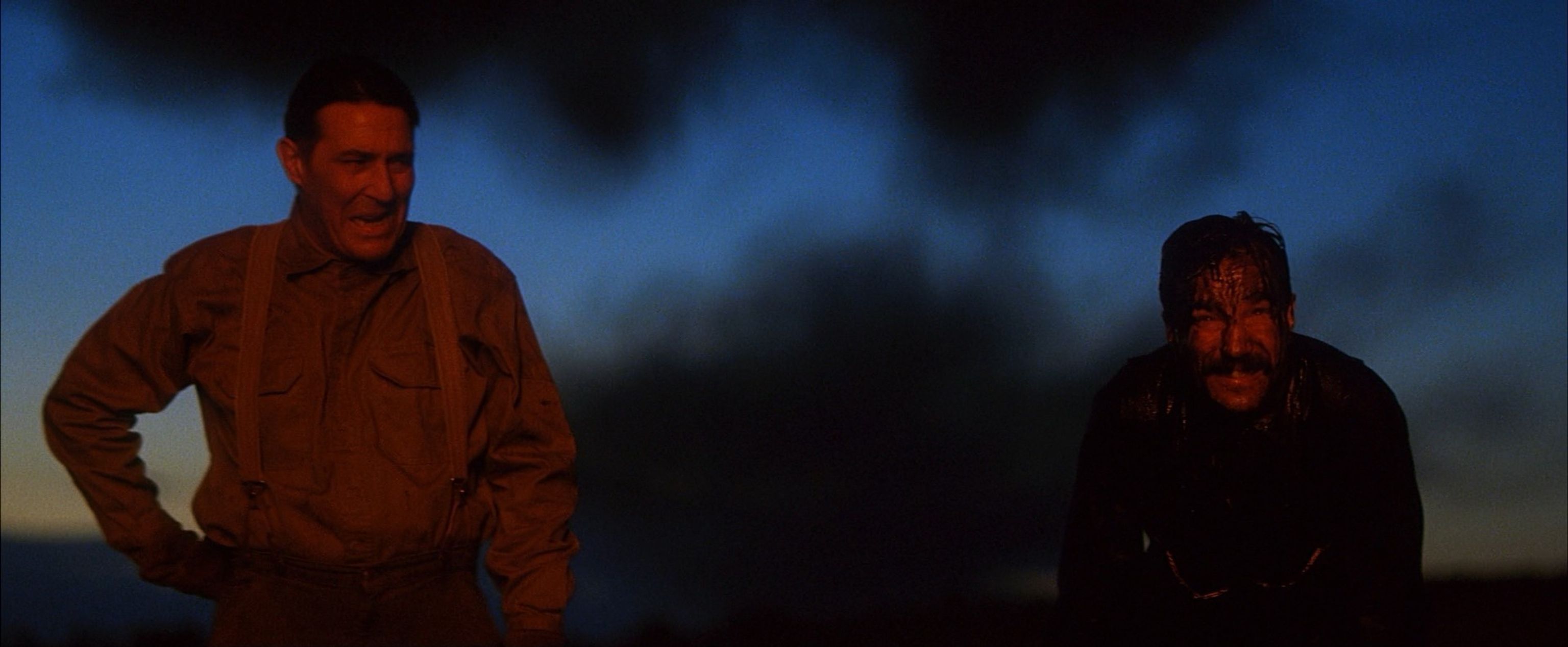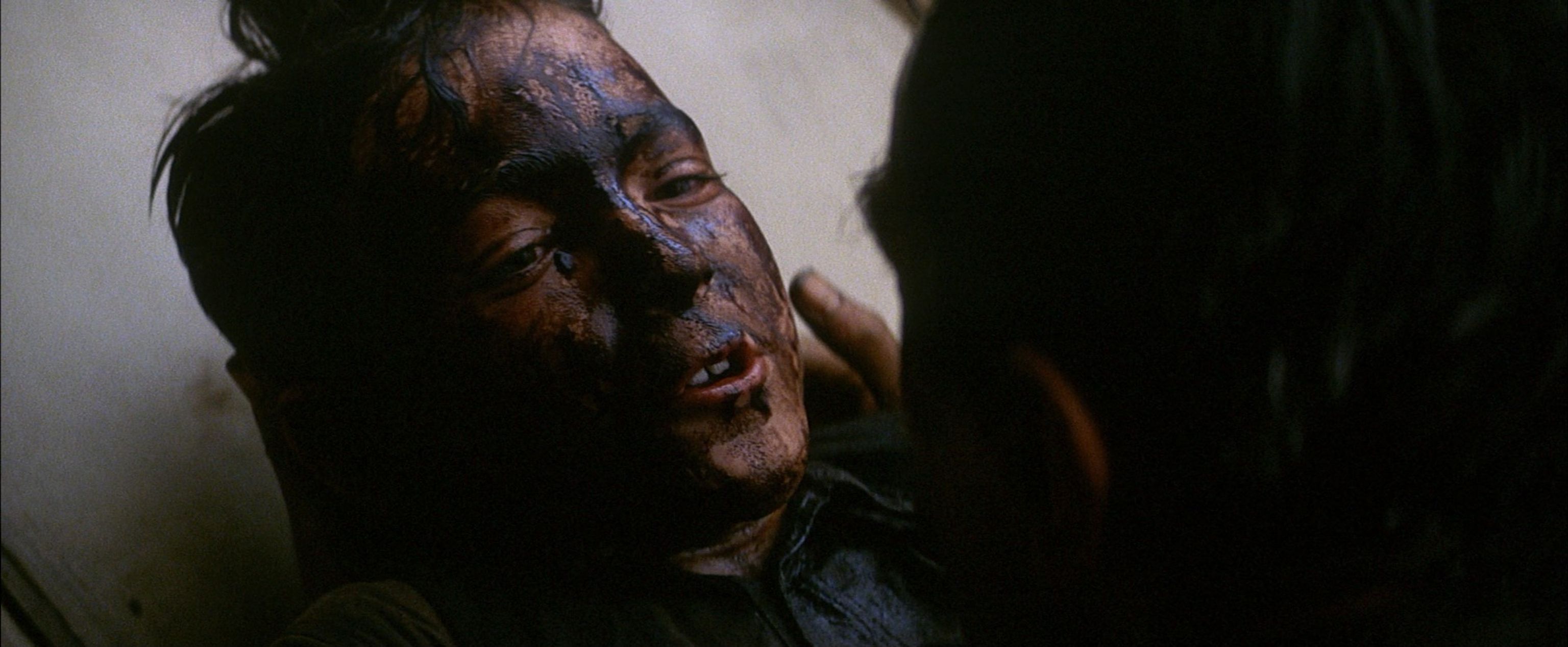Paul Thomas Anderson
There Will Be Blood
- DirectorPaul Thomas Anderson
- CinematographerRobert Elswit
SALOMON LIGTHELM This is America’s darkness distilled into one man. Daniel Plainview is ambition stripped of all pretense, and Daniel Day-Lewis embodies that monstrosity in a way that’s hypnotic. It’s not a film that comforts - it confronts, and that’s why I love it.
The story behind
There Will Be Blood (2007), directed by Paul Thomas Anderson, is an epic period drama loosely based on Upton Sinclair’s 1927 novel Oil!. The film follows Daniel Plainview (Daniel Day-Lewis), a silver miner turned oilman, whose relentless pursuit of wealth during the Californian oil boom exposes the corrupting power of ambition and greed. Exploring themes of capitalism, family, and religion, the film presents a darkly poetic vision of the American frontier, where prosperity and moral decay are inseparably intertwined. Its narrative structure combines a personal character study with a sweeping historical backdrop, creating a story that is both intimate and epic in scope.
The legacy
The film has become widely regarded as Paul Thomas Anderson’s magnum opus and one of the most influential films of the 21st century. Daniel Day-Lewis’s performance won him the Academy Award for Best Actor, and the film received eight Oscar nominations in total, including Best Picture, winning Best Cinematography for Robert Elswit. There Will Be Blood is often cited as a masterclass in modern filmmaking, influencing a generation of filmmakers in its thematic depth, character complexity, and uncompromising storytelling. Its exploration of greed, power, and human ambition continues to resonate, making it a culturally and critically significant work.

The Cinematography
Robert Elswit’s cinematography is a key element of the film’s lasting impact. Through striking compositions, expansive landscapes, and careful use of light and shadow, Elswit captures both the grandeur of the oil fields and the claustrophobic intensity of Plainview’s obsession.
Filming took place over several months on a ranch in Marfa, Texas, with additional locations in Los Angeles, and interior sets, including the Greystone Mansion in Beverly Hills, were carefully reconstructed to enhance realism. Long takes, precise framing, and a somber color palette immerse viewers in the harsh, transformative world of early 20th-century California, while Jonny Greenwood’s evocative score complements the visuals, creating an atmosphere that is both epic and intimate.







